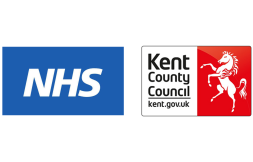How Europe should promote digital innovation in health and care
The European Commission has launched a public consultation on how Europe should promote digital innovation in health and care, for the benefits of citizens and health systems in Europe. The input will feed into a new policy Communication to be adopted by the end of 2017, as announced in the recent review of the Commission’s Digital Single […]
How Europe should promote digital innovation in health and care Read More »
